HISTORY
HISTORY
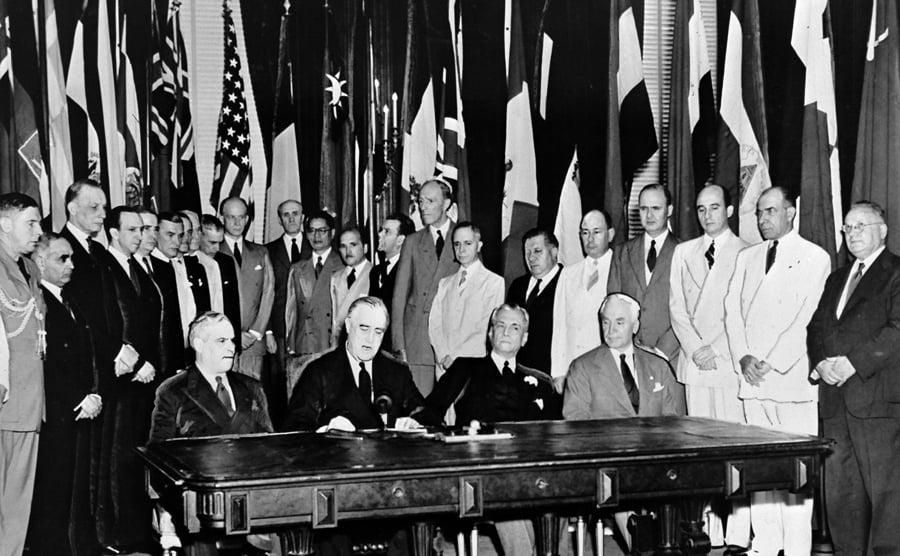
The name “United Nations”, coined by the President of the United States, Franklin Roosevelt, was first used in the Declaration by the United Nations of January 1, 1942, during World War II. The announcement was made when representatives of 26 nations pledged their governments to continue fighting together against the Axis Powers (Germany-Italy-Japan).
In 1945, representatives of 50 countries met in San Francisco to draft the United Nations Charter. The Charter was drafted on the basis of proposals drawn up by the representatives of China, the Soviet Union, the United Kingdom and the United States at Dumbarton Oaks, USA in August – October 1944.
Read also: Turkish diplomat Volkan Bozkir elected President of the UN General Assembly
The Charter was signed on June 26, 1945 by the representatives of the 50 countries. Poland, which was not represented at the Conference, later signed it and became one of the original 51 Member States.
The United Nations formally came into existence on October 24, 1945, when the Charter has been ratified by China, France, the Soviet Union, the United Kingdom, the United States, and a majority of other signatories. United Nations Day is officially celebrated on October 24 every year.
This year marks the 75th anniversary of the United Nations (UN). According to the UN statement, this landmark is a first-class opportunity to reflect on the importance of preserving world peace and the contribution that peacekeepers have made to the communities they serve.
Read also: At least 28 UN personnel members were killed in 2019
Over the past seven decades, more than 1 million men and women have served under the UN flag in more than 70 peacekeeping operations around the world including the Cyprus Peacekeeping Force (UNFICYP).
Today, approximately 100,000 peacekeepers serve in 13 operations worldwide. Recently, peacekeepers have continued to carry out these crucial tasks as they face another global threat to peace and security – the COVID-19 pandemic.
Despite the additional operational challenges and health risks posed by the coronavirus, peacekeepers continue to protect the most vulnerable and carry out their mandates while supporting the local fight against the coronavirus.
With information from: medium.com
NEWSLETTER SUBSCRIPTION
Armenian Genocide Remembrance Day
On this day, 109 years ago, the genocide of the Armenian people by the Ottoman Empire began, with April 24 being the day of…
April 10, 1826 | The heroic Exodus of Messolonghi
Three years after the failed attempt of Kioutachis and Omer Vryonis to capture Messolonghi, the Sultan had a new plan.
Hellenic Army General Staff (HAGS) | Events for the 83rd Anniversary of the Battle of the Forts
On Sunday, April 7, 2024, the 83rd anniversary of the Battle of the Forts (April 6-9, 1941) was celebrated at “LISSE”, “RUPEL”,…
Russia | Cluster bombs hit residential area in Odessa
Images from Russia’s strike in the heart of Odessa, which hit the so-called “Harry Potter Castle”, a former politician’s mansion now…
France | Industries prioritize orders of anti-aircraft missiles
The Armed Forces Ministry of France has instructed industries involved in the production of Aster anti-aircraft and anti-ballistic…
Ecuador | Appeals to International Court of Justice denouncing Mexico
Ecuadorian police stormed the Mexican embassy hours after the Mexican government granted former Vice President…
Remote Modular Terminal | The US Space Force’s new weapon system
The US Space Force has unveiled its new Remote Modular Terminal (RMT) weapon system. The system has completed its…
Latvia | Citizens are asked to turn basements into air raid shelters
Latvian authorities have called on citizens to turn their basements into air raid shelters, causing concern.
HNDGS | Greece – USA bilateral exercise “STOLEN CERBERUS XI” – Photos
From Monday 15 to Friday 26 April 2024, the bilateral exercise “STOLEN CERBERUS XI” took place under the coordination…





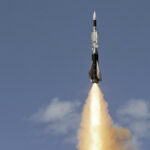




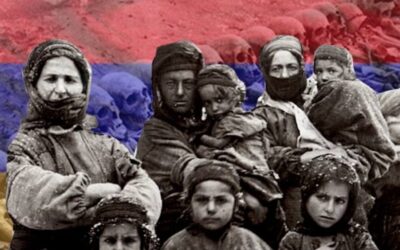


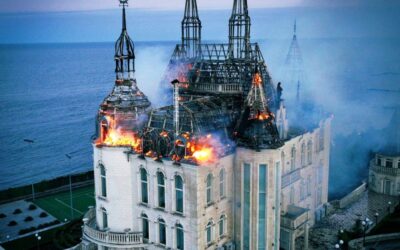

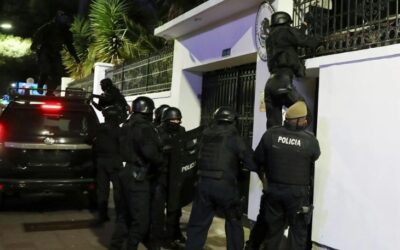


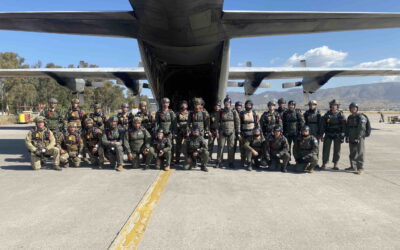
0 Comments